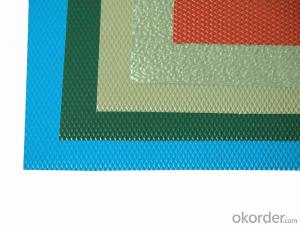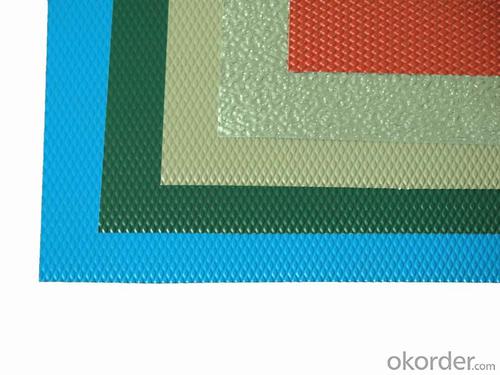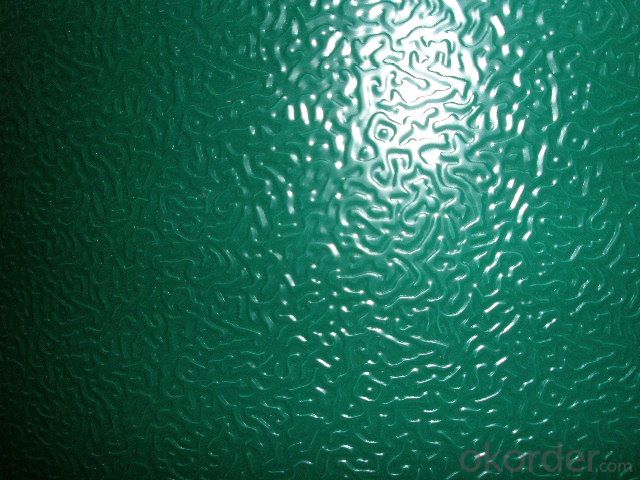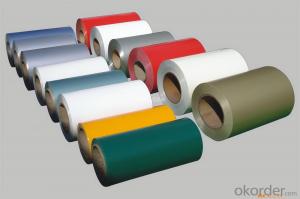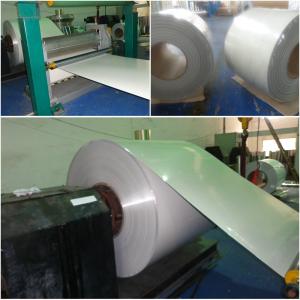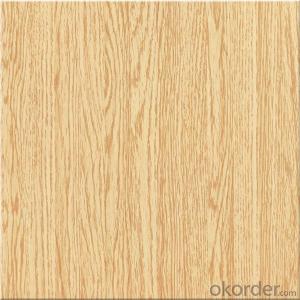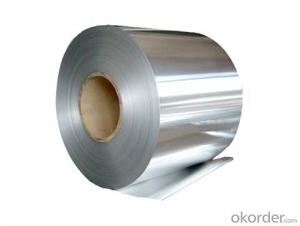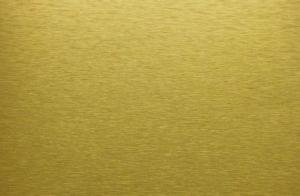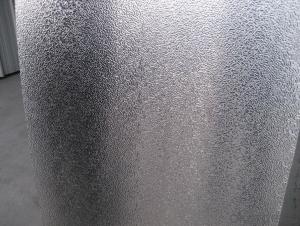032 Aluminum Coil Black Coated Aluminum Embossed Sheets with Cheap Price
- Loading Port:
- Shanghai
- Payment Terms:
- TT OR LC
- Min Order Qty:
- 5 m.t.
- Supply Capability:
- 1000 m.t./month
OKorder Service Pledge
OKorder Financial Service
You Might Also Like
Specification
1.Structure of Embossed Aluminum Sheets
Embossed Aluminum Sheets has great ductility, heat conductivity, anti-corrosion and moisture resistance properties which are very useful in the field of construction.
Embossed Aluminum Sheets is widely used for decorative purpose in construction, packing and appiance. It is also very commonly used for anti-slippery purpose in vehicles and public places.
2.Main Features of Embossed Aluminum Sheets
• Superior quality of raw material
• Reasonable and stable chemical composition
• Accurate tolerance
• Goode mechanical property
3.Embossed Aluminum Sheets Images
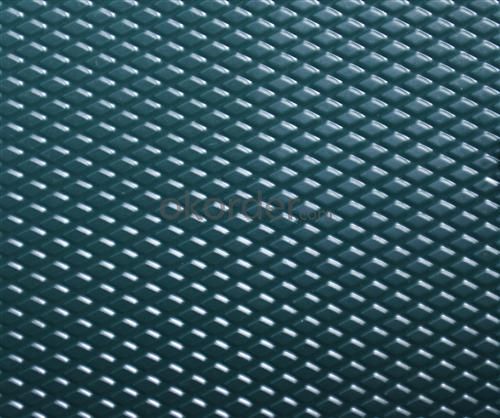
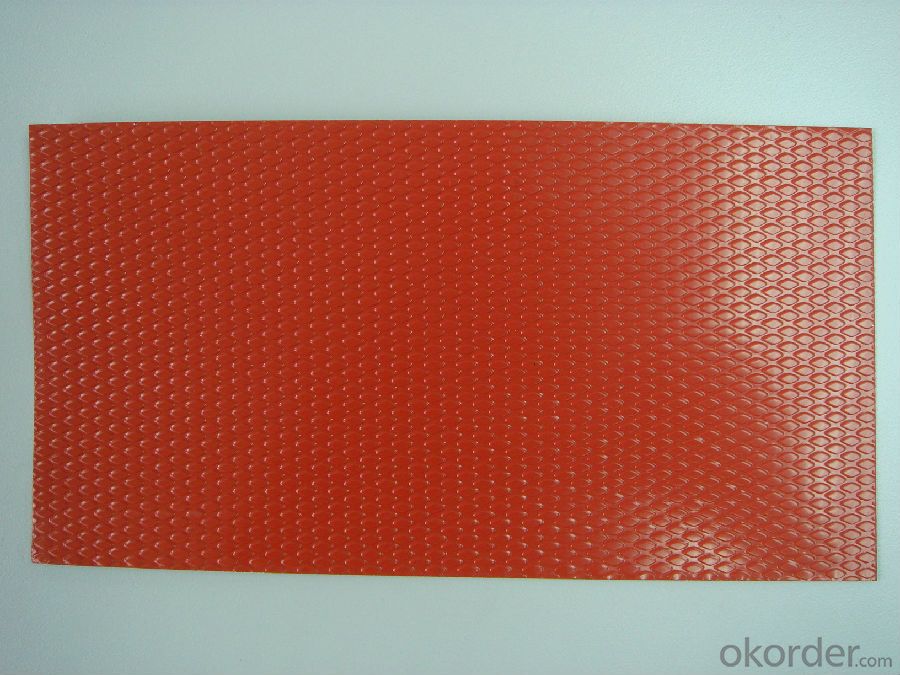
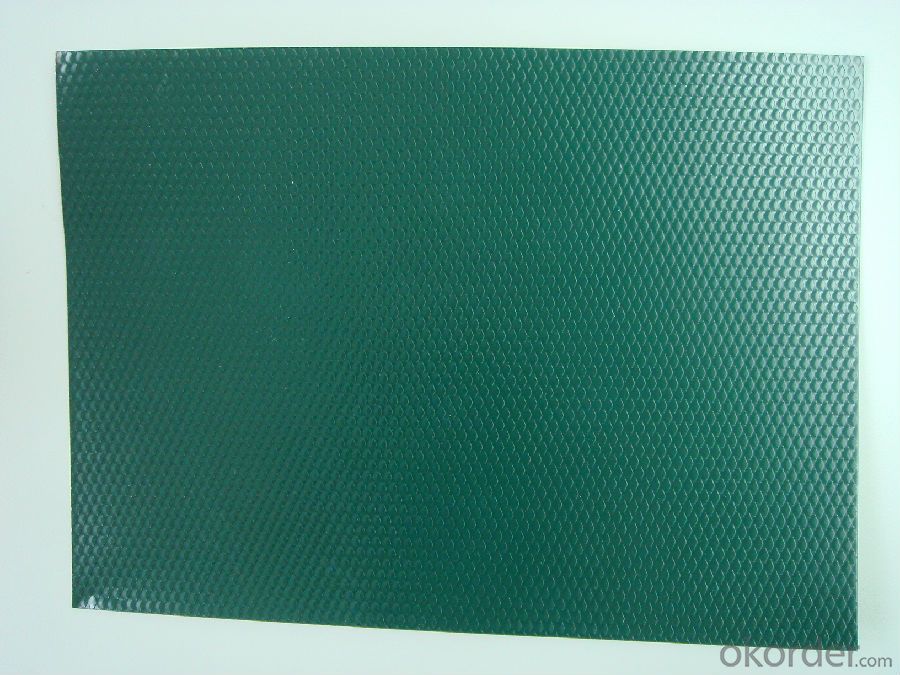
4.Embossed Aluminum Sheets Specification
| Alloy | AA1xxx,AA3xxx,AA5xxx |
| Temper | H14,H18,H24,H26,H32 |
| Thickness | 0.2mm--20mm |
| Width | 10mm--1500mm |
| Embossed Patterns | Diamond,Stucco,Bars etc. |
| Standard | GB/T 3880-2006 |
5. FAQ of Embossed Aluminum Sheets
A.How to guarantee the quality?
Customers are welcome to our mill to visit and check the products. Besides, we can arrange a third party to test Embossed Aluminum Sheets products.
B.When will you deliver the products?
Embossed Aluminum Sheets will be delivered within 35 days after receiving advanced payment or original L/C.
- Q: What are the different coil diameters available for aluminum coils?
- The coil diameters for aluminum coils can differ based on specific needs and applications. Typically, aluminum coils are offered in various diameters to accommodate different requirements. These diameters can vary from a few inches to several feet. Manufacturers and suppliers may have different options for coil diameters. It is crucial to consider that the chosen diameter will affect factors like coil weight, handling, and compatibility with machinery or equipment. Therefore, it is recommended to consult with suppliers or manufacturers to determine the available coil diameter options for aluminum coils based on intended use and requirements.
- Q: Are there any limitations to the minimum coil width of aluminum coils?
- Limitations exist for the minimum coil width of aluminum coils due to various factors, such as the manufacturing process and equipment used. Generally, the coil width is restricted by the capabilities of the rolling mill or other processing machinery. The minimum coil width is typically determined by the size of the rolls or mandrels utilized during production. If the coil width becomes too narrow, it can lead to stability and integrity issues, making handling and transportation more challenging. Furthermore, a narrower coil width may impact the overall efficiency of the manufacturing process. Hence, it is crucial to take these limitations into account when establishing the minimum coil width for aluminum coils.
- Q: What are the common surface protection methods for aluminum coils?
- There are several common surface protection methods for aluminum coils that are widely used in various industries. These methods aim to protect the surface of the aluminum coils from corrosion and other forms of damage, ensuring their long-term durability and performance. One of the most common surface protection methods for aluminum coils is anodizing. Anodizing involves immersing the aluminum coil in an electrolyte bath and applying an electric current to create a protective oxide layer on the surface. This oxide layer not only enhances the appearance of the aluminum coil but also improves its resistance to corrosion, scratching, and wear. Another popular surface protection method is coating. This involves applying a protective layer of paint or coating material onto the surface of the aluminum coil. Coatings can be applied through various techniques such as electrostatic spraying, roll coating, or coil coating. These coatings provide a barrier between the aluminum surface and external elements, protecting it from moisture, UV radiation, and other environmental factors that can cause corrosion and damage. In addition to anodizing and coating, aluminum coils can also be protected through the use of protective films. These films are usually made from polyethylene or similar materials and are applied to the surface of the coil as a temporary protective layer. Protective films help prevent scratches, abrasions, and other forms of damage during transportation, storage, and installation. Once the aluminum coil is ready to be used, the protective film can be easily peeled off, leaving a clean and undamaged surface. Furthermore, aluminum coils can be protected through proper storage and handling practices. Storing the coils in a dry, clean, and well-ventilated area, away from corrosive substances, can significantly prolong their lifespan. Handling the coils with care and using appropriate lifting and transportation equipment can also prevent physical damage that can compromise their integrity. Overall, the common surface protection methods for aluminum coils include anodizing, coating, the use of protective films, as well as proper storage and handling practices. By employing these methods, aluminum coils can be effectively safeguarded against corrosion, scratching, and other forms of damage, ensuring their optimal performance and longevity.
- Q: The company wants to produce an aluminum coil production line, which is better for large aluminium smelting equipment?
- Dongpu heat well, they have the qualification certificate issued by the state kiln construction, as far as I know, their melting furnace Aluminum Alloy 'plan is very good, and the operation is simple and safe, feel good, can be wiped off
- Q: Are there any limitations to the minimum coil length of aluminum coils?
- The minimum coil length of aluminum coils has certain limitations. These limitations are influenced by factors such as the manufacturing process, equipment capabilities, and the intended use of the coils. One limitation arises from the size and capacity of the manufacturing equipment. To ensure smooth operation and prevent damage during manufacturing, most coil production lines have a minimum length requirement. If the coil is too short, it may not be processed or handled properly by the equipment, resulting in production issues or defects. Another limitation is determined by the intended use of the coils. Certain applications may demand a minimum coil length to meet specific requirements or ensure optimal performance. For instance, industries like construction or automotive often utilize coils to create components or structures with precise length specifications. In such cases, the minimum coil length is determined by the end product's specifications. Furthermore, handling and transportation considerations also impact the determination of the minimum coil length. Coils that are too short might pose challenges in terms of handling, transportation, and storage, making them impractical or cost-inefficient. In conclusion, the minimum coil length of aluminum coils is constrained by manufacturing equipment capabilities, intended use, and practicality in terms of handling and transportation. These limitations guarantee efficient production processes, adherence to product specifications, and practicality within the overall supply chain.
- Q: should i have a paper between aluminum siding and the wood
- Aluminum siding can be vented with round pop-in perforated vent plugs, these are very easy to install. I would really like to know how do you know there is condensation behind your siding?
- Q: What are the different thickness tolerances for aluminum coils?
- The different thickness tolerances for aluminum coils can vary depending on the specific application and industry standards. However, common thickness tolerances for aluminum coils range from +/- 0.002 inches to +/- 0.010 inches, ensuring precision and consistency in the manufacturing process.
- Q: How are aluminum coils processed and fabricated?
- Aluminum coils are processed and fabricated through a series of steps. First, the raw aluminum is rolled into thin sheets and then coiled. These coils are then cleaned and treated to remove any impurities or contaminants. Next, the coils are heated and passed through a series of rollers to achieve the desired thickness and shape. This process, known as cold rolling, helps to enhance the strength and durability of the aluminum. After cold rolling, the coils may undergo further treatments such as annealing or tempering to increase their flexibility or hardness. Finally, the coils are cut, shaped, and fabricated into various products like cans, automotive parts, or building materials using techniques like stamping, bending, or welding.
- Q: What is the reflectivity of aluminum coils?
- The reflectivity of aluminum coils refers to the ability of these coils to reflect light. Aluminum is known for its high reflectivity, with a reflectivity percentage of approximately 80-90%. This makes it an ideal material for various applications where reflective properties are desired, such as in the manufacturing of mirrors, solar panels, and lighting fixtures. The high reflectivity of aluminum coils allows for efficient light reflection, minimizing energy loss and maximizing the performance of these applications.
- Q: Are aluminum coils resistant to saltwater corrosion?
- Yes, aluminum coils are resistant to saltwater corrosion.
Send your message to us
032 Aluminum Coil Black Coated Aluminum Embossed Sheets with Cheap Price
- Loading Port:
- Shanghai
- Payment Terms:
- TT OR LC
- Min Order Qty:
- 5 m.t.
- Supply Capability:
- 1000 m.t./month
OKorder Service Pledge
OKorder Financial Service
Similar products
Hot products
Hot Searches
Related keywords
